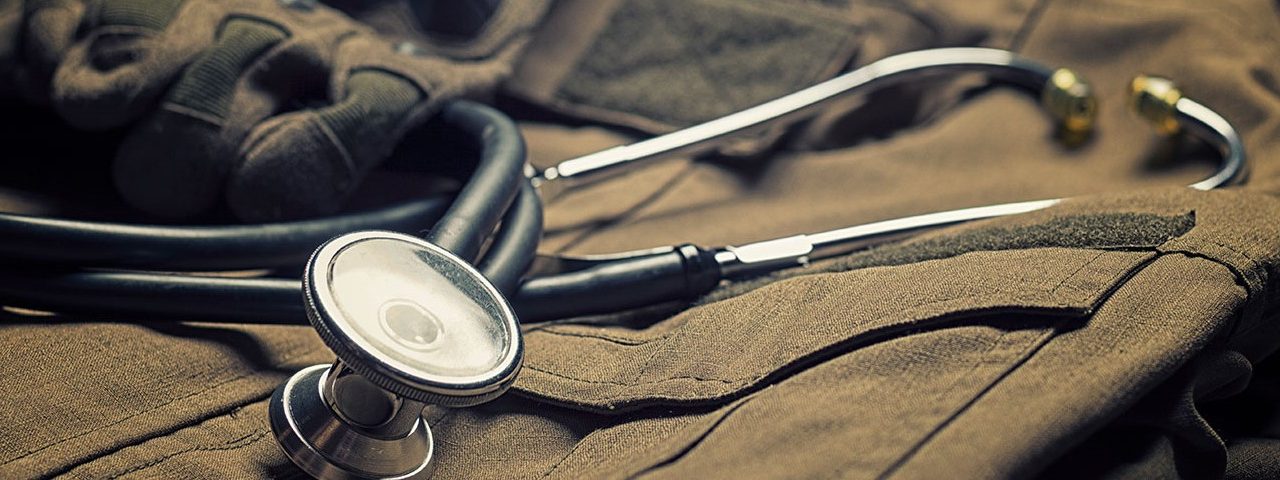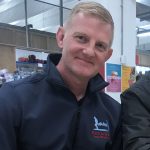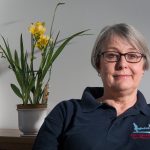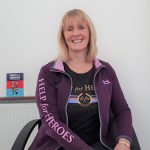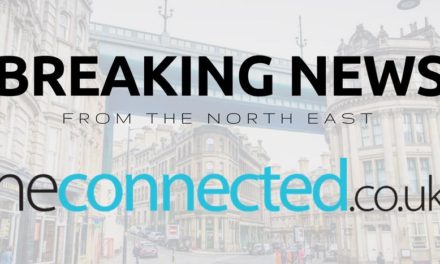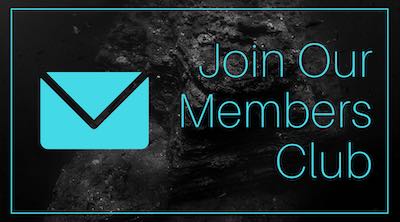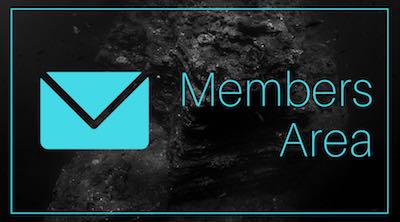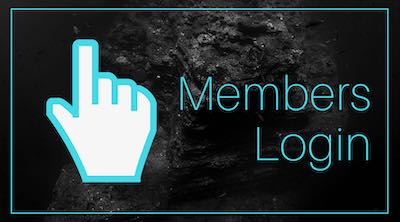While the country continues to come to terms with life in lockdown, one military charity is keen to stress that they are still providing support to wounded veterans, serving personnel and their families experiencing a range of physical and mental health challenges across Wales and Hereford; and has also extended its expertise to help frontline workers who may be struggling with their wellbeing at the present time.
Help for Heroes has highlighted the need to make sure long-term support is in place for the nation’s health workers fighting Coronavirus, because of similarities with the sort of issues faced by members of the Armed Forces on the battlefield.
The Charity’s Community Recovery Manager, Shelley Elgin said, “We understand some of what they are up against. Help for Heroes has supported more than 25,000 ex-service personnel and families, many of whom have faced similar situations to those our NHS staff are facing around the country right now: challenging environments; working outside of normal areas of work; working with protective equipment; and putting themselves at risk. Many have also been taken away from family, friends and colleagues for extended and uncertain periods of time.”
Help for Heroes Community Recovery Manager Shelley Elgin
Help for Heroes has been asked to contribute their expertise to a package of support being created for the Nightingale Hospital’s staff and volunteers. In addition, the charity has made these resources available on its website to support health workers around the UK in preparing for and dealing with traumatic experiences. The materials are freely available for anyone to access whether they are working on the frontline delivering healthcare, or simply struggling with the changes to routine brought about by living under lockdown.
These resources were designed for, and co-produced with, wounded veterans, but the situations NHS staff are currently dealing with draw many parallels to those veterans will have faced on the battlefield and beyond.
Ms Elgin says, “The challenges faced by those leaving the military due to illness or injury are often complex, and we believe that those who have already embarked on a recovery journey often have the best insight into what will help others.”
Help for Heroes’ Field Guide to Self-Care is available for all the men and women tirelessly providing healthcare around the UK right now.
Ms Elgin continues, “It is a resource of tips and tools our recovery teams deliver to veterans who have experienced traumatic events or have been affected by working in high intensity situations. The guide is broken down into three parts; Body, Emotion and Mind and can be worked through in one go or one at a time,”
“We hope this is a useful resource for our NHS heroes, and for anyone else who may be feeling stressed or anxious during these difficult times.”
Across Wales and Hereford Help for Heroes Community Recovery Team is currently delivering an adapted service to beneficiaries due to the social distancing measures in place to prevent the spread of Covid-19.
Ms Elgin says, “We plan to resume face to face service delivery across the region once it is deemed safe and appropriate to do so. In the meantime, our beneficiaries can expect the same exceptional level of welfare support and medical assistance they have come to know from our expert team.”
Tim Penney is a Help for Heroes’ Veterans Clinical Liaison Nurse, supporting Armed Forces men and women who are injured or sick and living across the Wales and Hereford region. In his work, Tim makes a direct impact, improving the quality of life for his clients and their loved ones. He says, “I have been supporting a number of veterans with long-standing medical issues who have been waiting for overdue Consultant appointments.”
Tim joined the Army in 1979, aged 16 and a half, as a boy soldier. After qualifying as a Nurse while he was in the Army, he was commissioned in 1993. Having served in Kosovo, Iraq, Afghanistan and Rwanda, Tim has a great deal of operational experience of providing medical support to military personnel in the battlefield. Tim served for 37 years and left the Army in January 2017 Tim brings his wealth of skills and knowledge to his role at Help for Heroes, where he provides advocacy and medical support for beneficiaries to access the appropriate NHS and other physical and mental health services, enabling them to live their lives with purpose once more.
For Tim, a highlight of working for Help for Heroes is “Being able to make a real difference in someone’s life and recovery, when they felt that everything has been against them.” Having faced the challenges of transitioning out of the military environment himself, Tim can empathise with his clients and the difficulties they can face adapting to life on Civvy Street. Community Recovery is a big part of the unique way Help for Heroes delivers the service to its beneficiaries. Tim says, “Meeting the veterans in a relaxed setting where they feel able to chat with their peers and participate in some activities is excellent. I appreciate, that for some of the veterans, this is a very big step. For some it enables them to forge relationships in the local community and this can play a huge part in their recovery.”
North Wales Keyworker Jiffy Myers joined Help for Heroes in October 2017, having served for 24 years in the Welsh Guards.
His usual role involves travelling across the region delivering face to face welfare support and advice to veterans and Armed Forces personnel who are leaving the military due to illness or injury ending their service. This normally takes place at Help for Heroes Community Recovery hubs, in military and civilian venues, and in individuals’ homes. During the current crisis, Jiffy is providing support over the phone and video links to wounded veterans across North Wales.
Jiffy says the most rewarding part of his role is, “Meeting a variety of people and helping them to get their life back on track.” For him, the essence of Community Recovery is, “Providing local support in familiar surroundings to the individual concerned.” A career highlight was when an elderly Veteran was struggling with mental health issues linked to his military service. Jiffy says, “I made a referral for him to receive the therapy he needed to help with the Post Traumatic Stress Disorder he was experiencing, and he was able to attend several courses at Help for Heroes Recovery Centres in Tedworth House and Phoenix House to help build his self-confidence and assist with his recovery.”
In Hereford, Paul “Vic” Vicary supports a large Armed Forces Community in his role as 1-2-1 Veterans Liaison. With extensive military experience himself, having served for 33 years in the Army, Vic is a trusted confidante of the men and women he supports, providing insight, advice, and stewardship to ensure they receive the best welfare and holistic services available to them through the Help for Heroes network. Vic conducts phone and video consultations remotely at the current time and is planning to resume face to face support at locations across Hereford in due course.
Vic says, “I spent 15 years with my local Regiment at the time – The Light Infantry (now Rifles), in which I served in all 3 battalions. I was lucky then to be posted for my last 19 years in Hereford, having visited all of the ‘nice’ places operationally and in a variety of different job roles; my last years were spent looking after injured servicemen and women and working within the welfare department; finishing my regular career there.”
He is proud to have joined the Help for Heroes Community Recovery Team in 2019, adding “During my latter years whilst serving, I have witnessed Help for Heroes support within my community and the incredible impact in supporting the Armed Forces communities. My role is mixed, acting as a main Point of Contact and Liaison for Help for Heroes here in Hereford, but also supporting beneficiaries as a key worker. I have seen our servicemen and women struggling within our communities, often they have been too proud to ask for that important support. So being able to come in and support service personnel post-service has provided me with a sense of achievement and opportunity as well as being challenging, with a great responsibility in helping our Armed Forces community, in which I continue to serve.”
In South Wales, Alison Griffiths and Amanda Thomas are 1-2-1 key workers providing the benefit of their personal knowledge of living in the military communities themselves. With both having strong armed forces connections, and several years’ experience delivering welfare support and advice to men and women affected by illness and injury, the support they offer includes grant funding, housing, relationship and career advice, and signposting to additional support services within the charity and through partner organisations.
Alison is the longest serving member of the Help for Heroes Community Recovery team, having started as a Support Hub Key Worker in March 2016. She works with veterans and Armed Forces personnel across South East Wales, Mid Wales and Herefordshire. Alison says, “I was an Army wife for 16 years whilst my husband served. I also worked in the Army Education Centre supporting military personnel in their resettlement period, so I know how transitioning and resettlement should work, and how veterans can struggle when it doesn’t.”
During the current situation, Alison has adapted the support she provides and is contacting beneficiaries with welfare needs. She says, “I check in to see how they are doing and offer support where possible, providing advice and guidance to help them navigate the services they are entitled to.”
Alison is passionate about championing the Armed Forces community and says the best bit about her job is, “Being able to help veterans who have served their country and now need support either for themselves or their families. It’s inspiring to see the determination of these brave men and women to overcome the challenges they have been faced with.”
Alison adds that a highlight of her time with the charity is the teamwork which means Help for Heroes can really change veterans’ lives for the better. “Working alongside our Veterans Clinical Liaison, we were able to access a grant and seek additional funding for adaptions to a beneficiary’s bathroom to allow him to shower without the assistance of his wife. This gave him a great sense of independence and improved his overall wellbeing hugely.”
Supporting veterans in West Wales and the Vale of Glamorgan, Amanda Thomas joined the Help for Heroes team in January 2018 as a Keyworker. As the daughter, wife, and mother of military personnel, with several other family members also serving in the Armed Forces, Amanda brings extensive understanding of the diverse needs of the clients she supports.
She’s adapted the service she provides to maintain contact with beneficiaries across the region and says, “I am delivering Keyworker support and 1 to 1 appointments via telephone, Skype or conference call with other members of the team including our Veterans Clinical Liaison, where it’s beneficial for joint conversations to take place. We provide support, referrals and signposting to our partner organisations and agencies and liaise with new services that are being provided to support during the pandemic, such as local council provision and local volunteer groups that can assist with immediate needs.”
Amanda is passionate about her work and says she enjoys, “Being part of an organisation with a strong and meaningful work ethic – to make a real difference to the lives of those who are wounded injured or sick, as a result of putting us before themselves.”
Working within Community Recovery at Help for Heroes means Amanda connects multi-agency support to help her clients live their lives with renewed purpose. She says a highlight of her role is, “working collaboratively with partners, organisations and supporting agencies within small local communities who are like-minded in wanting to support us in our delivery of services. Especially within remote and hard to reach areas, helping those veterans who may otherwise not be able to receive the support they deserve, enabling them to have a second chance at living a happy and fulfilling life.”
Amanda says some veterans don’t know that they are eligible for assistance from Help for Heroes, and their lives can be improved dramatically when they reach out for that help. She adds, “It was wonderful helping a veteran who didn’t realise the support of Help for Heroes was for him, assisting with financial benefits that he was entitled to, referring to partner organisations for specific help and advice and encouraging him to become a member of the Band of Brothers Fellowship. He feels empowered to discuss his difficult time in service and to ask for help.”
For more information on the support Help for Heroes is offering the nation’s health workers, and to access The Field Guide to Self Care go to:
https://www.helpforheroes.org.uk/news/help-for-heroes-provides-resources-to-nations-health-workers/
To access support from the Wales and Hereford Community Recovery team please contact: Wales.supporthub@helpforheroes.org.uk


